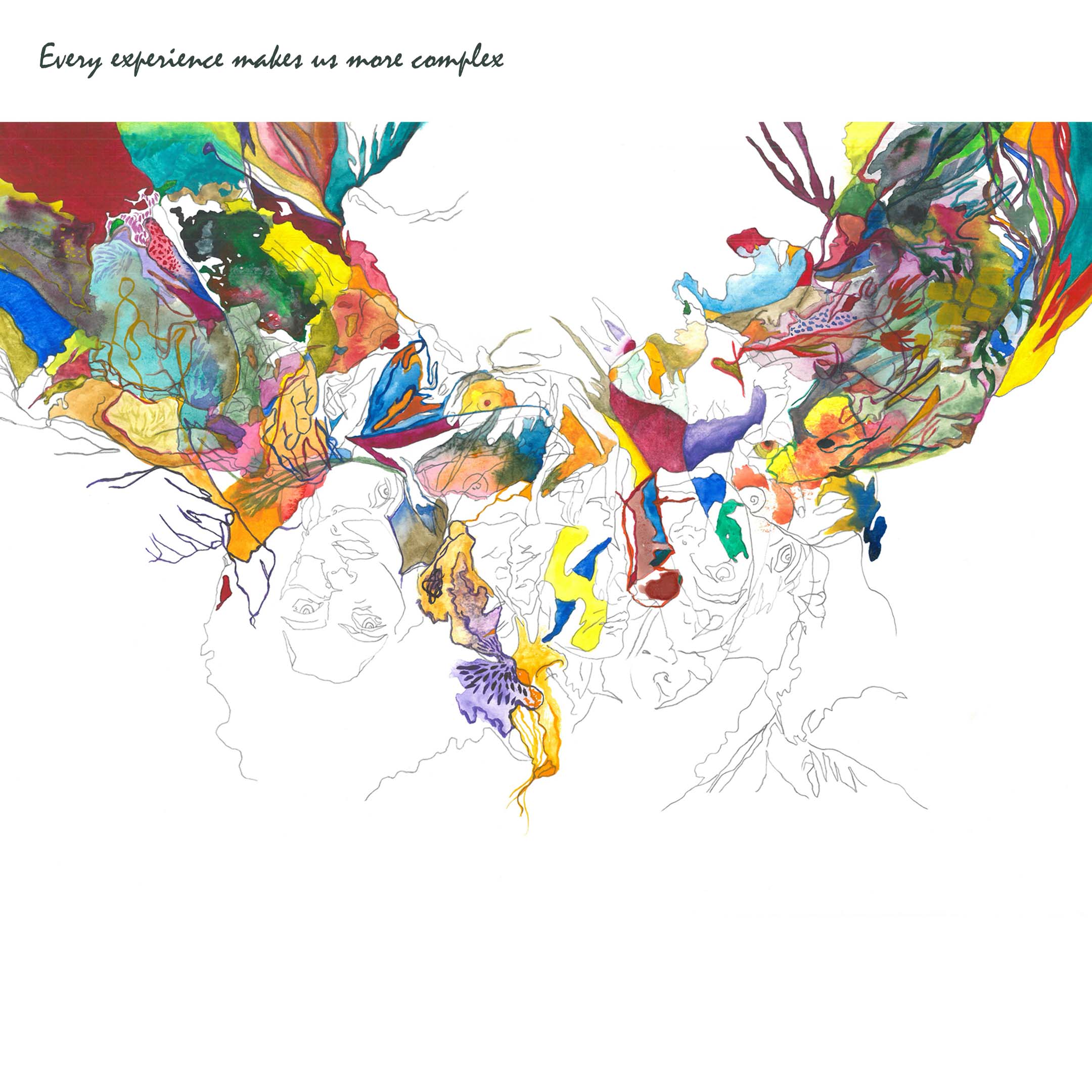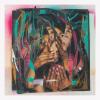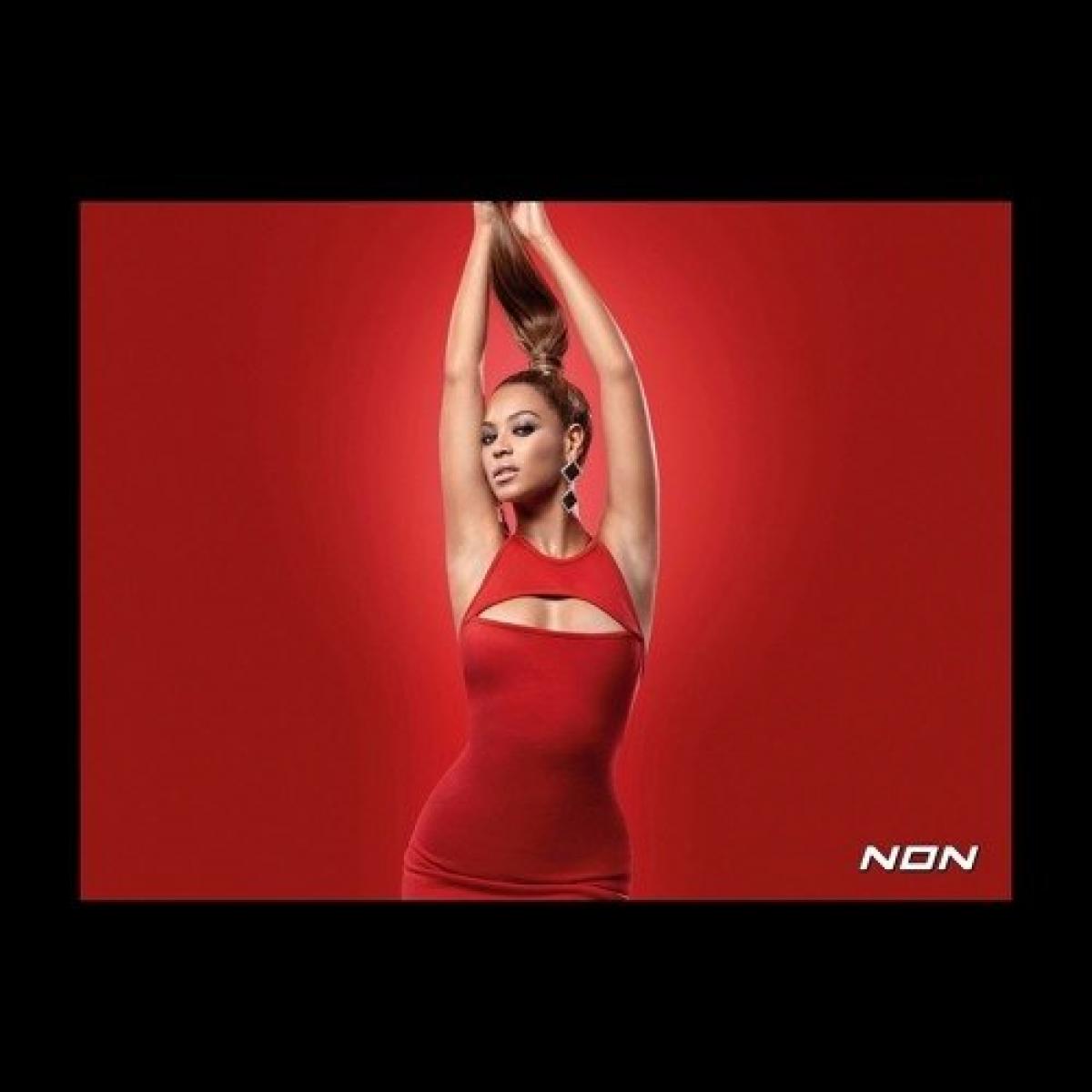The encounter between experimental club music and mainstream pop has become ubiquitous in the sampling practices of avant-garde electronic musicians of the 2010s. Far from being ironic takes on the originals or mere celebrations of a notion of «genre-fluidity» (Spotify 2019), our author argues that these practices have worked to question the inclusivity of electronic music scenes, demonstrating that the critical work of poptimism may be unfinished business.
In the 2010s, poptimism, the once powerful argument that music critics should not snobbishly dismiss the mainstream as the «manufactured» world of pop stars in the name of «authenticity» (Sanneth 2004), was accused of having become the dominant cultural logic (Richard 2015), fostering a climate of consensus around top-selling records and reinforcing the winner-takes-all paradigm of a music industry increasingly in thrall to the IT sector. Proposing an isolationist alternative, Wire’s David Keenan wrote:
We have critics who should know better claiming to take the temperature of the times by reading the work of Kanye West and Drake as cultural prophecy. (…) We need a new art that is almost sociopathic in its evasion, in its willingness not to be liked. (Keenan 2015, 47)
But is there a place for «new art» that shares some of this «willingness not to be liked» in its experimentalism, but at the same time remains committed to the poptimist cause? It was around the same time as Keenan’s reprimand to critics that a group of loosely connected artists in the field of experimental club music seemed to answer this question via sampling and remixing practices, which combined an abrasive, freeform «industrialist» sound in line with their original productions and imaginative reinterpretations of pop tracks. Artists like Arca, Total Freedom, Elysia Crampton, Lotic, and NON Worldwide co-founders Angel-Ho and Chino Amobi, among others, have often «absorbed» hits into their sets and self-released edits, often pulverizing the musical structure of the originals to jarring effect and simultaneously making the case for a non-ironic appreciation of top 40 music.
Affirming the Mainstream
The adjective «non-ironic» seems key to understanding the critical potential of this type of work. What made and continues to make the poptimist cause a critical force is, I believe, its Bourdieusian undercurrent: since ideals of «good» taste tend to reinforce social inequalities (Bourdieu 1984), poptimists argue, any effort to reject the mainstream as the domain of the manufactured and aesthetically vulgar may betray or lead to forms of social closure, which underground scenes themselves often tend to reproduce (Thornton 1995; Weisbard 2014).
Despite the longstanding association of sampling and remixing with the «anything goes» of postmodern pastiche, these producers’ poptimist experiments have often aligned themselves with an explicitly political stance: reflecting on their experiences as queer people and/or queer people of color in the electronic music field, these artists, as it is shown below, explicitly positioned their experimentations as, at least in part, manifestations of their own taste and a response to the often discriminatory attitudes of purist practitioners and audiences encountered in electronic music scenes.
Alarming Edits for Alarming Times
The politics of club cultures have been one of NON’s targets, with DJ Juliana Huxtable describing the collective as «People forming alliances through rhythm, responding to the whitewashing of electronic music» at the London «NON-Xchange» event in July 2017. In line with Amobi’s desire to use «cacophony and unusual sonics… to reject the passive experience of listening» (cited in Remi 2016), Angel-Ho and Amobi’s edit «Ring The Ambience» (2016), for instance, injected Beyoncé’s «Ring The Alarm» with an ominous sense of urgency, featuring deafening sirens, broken rhythms, and layers of distortion, which expressed an anxiety of surveillance impossible to perceive as ironic in any way.
Tagged «self-care» on Soundcloud, Lotic’s booming, apocalyptic remix of Beyoncé’s «Formation» came with a message of «mourning» from the artist the day after Trump’s election, offering a point of conjuncture between the call to arms of the original track and Lotic’s freeform, convulsive productions. Lotic draws on these pop tracks not as source material for experiments of ironic defamiliarization. As she put it in an interview talking about similar experiments: «I was interested in really fucking up pop music, making it ugly. (…) I wanted to be respectful of the original content, but rude to the audience» (cited in Stone 2015).
The potential to challenge assumptions about music taste and identity in electronic music scenes via these practices is particularly evident in DJ sets. When Boiler Room shared on YouTube a set by Lotic featuring poptimist nods, in response to negative comments, Lotic responded:
OMG POP IS EVIL HAHA I WANT MY 4X4 BEATS BACK WHAT IS HAPPENING TO CULTURE THIS IS THREATENING TO MY HETEROMASCULINE EXISTENCE:
Her detractors’ efforts to frame Lotic’s reworks as somehow incongruous with the Boiler Room brand, as well as the artist’s own response, demonstrate that when mainstream pop enters underground scenes, the nexus taste / identity comes into question, and that, as producer Rabit told me, «these cultural barriers are very real» (cited in Zevolli 2019).
Queering Scenes
It is perhaps no coincidence that some of the club nights notoriously associated with these practices in the 2010s, such as Janus in Berlin and Ghe20G0th1k in New York, have often framed themselves as safe spaces of intersectional inclusivity. Producer Aya, author of head-spinning takes on tracks by Ariana Grande and Destiny’s Child among others in her 2019 EP ell oh eff tea too oh won ate, similarly described the Manchester club night Boygirl «as space where we can slam together the aggy macho music like grime and bassline we grew up on into some of the softer, sexier or queer-empowering tracks we’ve discovered along the way. All without having to worry about getting sparked out for presenting ourselves as we wish» (cited in Kent-Smith 2019).
Demonstrating that «the real politics of sampling may lie in (…) destabilising the listener’s values, common sense perceptions» (Reynolds 1990, 169), this poptimist form of social critique ultimately asks: «Whose ideas of ‹good› music matter within a particular scene?» If on the one hand «remix artists will consider the final product successful if they, like orators, can sustain the audience’s attention as well as help persuade it that the aesthetic choices were appropriate» (Church 2015, 50), the practices of these DJs and producers challenge the very idea of appropriateness. In «respecting» the original, and interpolating the audience’s taste through a mixture of «rude» sounds and recognizable pop tracks, it could be argued that these poptimist samples and edits may work to keep the audience’s sense of distinction and entitlement «in check».











